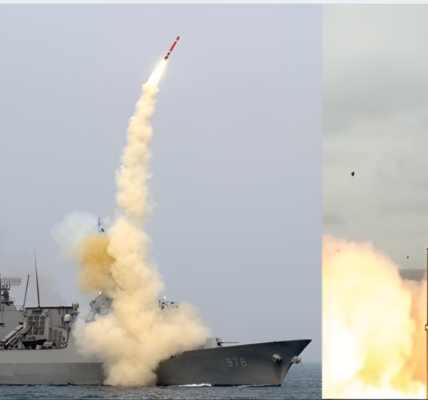
Despite Turkey’s public stance condemning Israeli policies, particularly regarding the ongoing Israeli-Palestinian conflict, new research suggests Ankara has continued to facilitate major oil shipments to Israel. Using satellite imagery and shipping data, researchers from the Stop Fuelling Genocide campaign revealed that crude oil is being shipped from Turkey’s Ceyhan Port to a pipeline near Ashkelon, Israel, accounting for about 30% of Israel’s oil imports.
These findings highlight the disconnect between Turkey’s vocal criticism of Israel and its continued trade with the country. While Turkey’s Islamist government has worked to position itself as a leader in the Muslim world, criticizing Israeli actions, its relationship with Israel remains strategically complex. The two nations have maintained a robust defense partnership for decades, coordinating military actions and intelligence, especially in the context of shared adversaries like Syria and Hezbollah.
Reports show that Turkish shipments of oil have been vital to sustaining Israel’s war efforts, despite claims of an embargo. Turkey has also been involved in clandestine operations in Syria, where it has supported anti-Hezbollah militias—an effort that aligns with Israeli objectives. The duality of Turkey’s foreign policy, combining critical rhetoric with substantial behind-the-scenes support to Israel, remains a delicate balancing act, particularly as it faces increased scrutiny over its role in the region.
The discovery of Turkish oil deliveries comes amid heightened tensions in the Middle East. In November 2023, the Yemeni Ansurullah Coalition attacked the Turkish cargo ship Anadolu S in the Red Sea, attempting to disrupt oil supplies to Israel. The group, aligned with Syrian and Hezbollah interests, has been trying to enforce a naval blockade to target Israel’s supply chains. Despite these pressures, Turkey’s role as a significant oil supplier to Israel persists, underscoring the complexity of regional alliances and the covert nature of this strategic relationship.
Turkey’s oil trade with Israel, once largely sourced from Iraq and Syria, now predominantly comes from Azerbaijani oil. However, Turkish forces continue to control oil fields in northwestern Syria, further blurring the lines of Turkey’s involvement in facilitating Israel’s energy needs. This ongoing trade speaks to a deeper, often concealed relationship between the two nations—one that is driven by mutual strategic interests, even as it is at odds with Turkey’s public political rhetoric.




